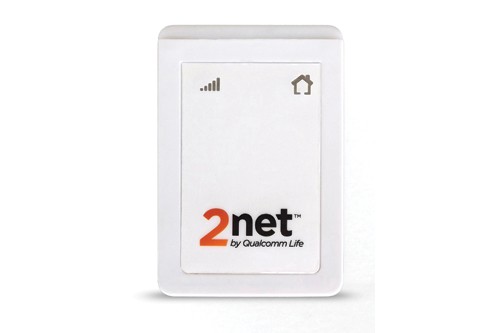
Medtronic has teamed up with Qualcomm to work on new types of continuous glucose monitoring (CGM) systems that use the tech firm’s wireless sensor technology.
The collaboration will initially focus on developing a single-use CGM system for use by GPs treating patients with type 2 diabetes.
Beyond that Medtronic will be looking to lean on Qualcomm’s work on more affordable, easier-to-use CGM systems, which it hopes will produce a new sensor and smaller design for near real-time and retrospective glucose data.
Laura Stoltenberg, vice president and general manager, non-intensive diabetes therapies at Medtronic, said: “Professional CGM is an increasingly used diagnostic tool that empowers physicians and patients with meaningful glucose data to tackle glucose control. Our solutions go beyond delivering data and provide automated observations and clinical decision support to help create a personalised care plan.”
The collaboration and its work on new CGM systems will, she added, “fundamentally change type 2 diabetes management”.
The companies will use Qualcomm’s 2net Design platform, which allows communication between connected medical devices, including disposable drug delivery and diagnostic devices.
Rick Valencia, president and general manager at Qualcomm Life, said: “Qualcomm Life’s connected health expertise along with our enabling 2net Connectivity Platform and 2net Design capabilities fit naturally with Medtronic’s diabetes leadership in bringing future generation CGM systems to market.
“This collaboration furthers our commitment of enabling new connected care models that liberate vital data and unlock insights to deliver intelligent care wherever the patient may be.”
The deal is Qualcomm’s second lifescience collaboration this year, following its January agreement with Novartis to create a connected version of the pharma company’s chronic obstructive pulmonary disease (COPD) inhaler.
The technology firm is also working with Roche on a remote monitoring device for patients with chronic diseases, work that began with by looking at anticoagulation.
Speaking to PME last year Qualcomm’s Valencia noted: “The intersection of mobile technology and medicine is a very big and important area and over time something that will have a more capitated payment model with governments and insurers paying for outcomes rather than procedures.
“This means everyone in the value chain is going to have to prove the value of their solution and the outcomes it generates. It will no longer be acceptable to have the best brand with the best sales team because the buyers are going to be much more picky about the proven outcomes.”




